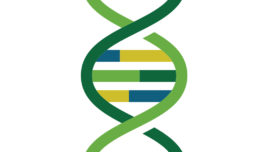Celebrating Five Years of Human Genetics and Genomics Advances
By Mike Bamshad, MD, HGG Advances Editor-in-Chief and Jessica Chong, PhD, HGG Advances Deputy Editor This year marks the 5th anniversary of ASHG’s open-access journal, Human Genetics and Genomics Advances (HGG Advances). Over the past five years, HGG Advances has established itself as a leading platform for scientists to share their discoveries. We extend our... Read More





